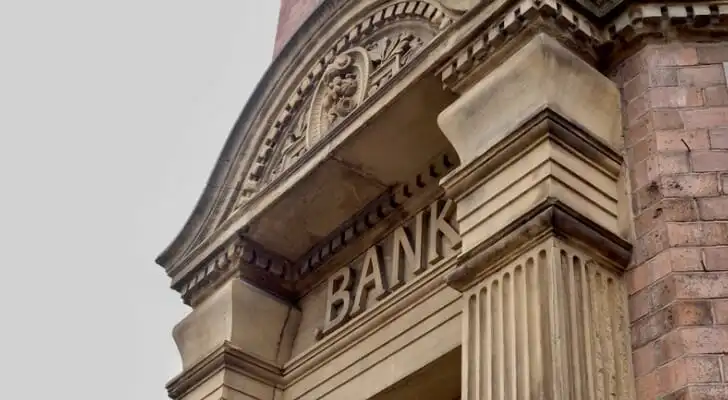The Federal Deposit Insurance Corporation, otherwise known as the FDIC, is a federal regulatory body in the U.S. Its primary purpose is to insure deposits made at banks and other financial institutions in the event that they go under and are unable to pay customers their money back. If you’ve ever made a deposit at a bank, chances are you’ve seen that it is FDIC-insured up to a certain amount. However, that isn’t all the organization does to protect Americans’ money.
Do you need help building your savings for retirement or another financial goal? Try SmartAsset’s free financial advisor matching tool today.
What Does the FDIC Do?
The FDIC was born in 1933 in the wake of the Great Depression. The organization was designed to promote trust in the banking industry after millions of Americans lost money when banks simply didn’t have enough money to cover everything that was in everyone’s accounts. Not only does the FDIC promote consumer confidence in the banking industry, it also incentivizes banks to promote sustainable practices.
Currently, the FDIC insures deposits at member institutions up to $250,000. However, at some banks, accounts are available with more coverage. While most banks are part of the FDIC, you should still verify and confirm that your bank is, in fact, a member.
Remember that the FDIC only covers bank failures, and not instances of fraud or theft. If your bank goes under and you need to make a claim, you can visit the agency’s website or call (877) 275-3342.
What Types of Deposits Does the FDIC Insure?
The FDIC covers most deposits, including certificates of deposit (CDs), savings and checking accounts, money market accounts, joint accounts, trust accounts and employee benefit plans. IRAs and other retirement plans are also covered, but only the parts of them that fall under the definitions of the previously mentioned accounts.
It’s important to note that mutual funds, annuities, life insurance, stocks, bonds and other investments are not FDIC-insured. These securities and policies may lose value and you won’t be able to make a claim if they do.
Bottom Line
The Federal Deposit Insurance Corporation ensures that banking customers won’t be entirely left out to dry if their bank fails, as so many were during the Great Depression. While not every deposit is FDIC-insured, it’s important to know which of your assets are covered in the event that your bank goes under.
Banking Tips
- If you’re looking for some new bank accounts to boost your savings and make managing your money easier, SmartAsset can help. To start, look at our breakdowns of the best savings accounts and the best checking accounts.
- Finding a financial advisor doesn’t have to be hard. SmartAsset’s free tool matches you with up to three vetted financial advisors who serve your area, and you can interview your advisor matches at no cost to decide which one is right for you. If you’re ready to find an advisor who can help you achieve your financial goals, get started now.
Photo credit: ©iStock.com/Victorburnside, ©iStock.com/ultramarine5

